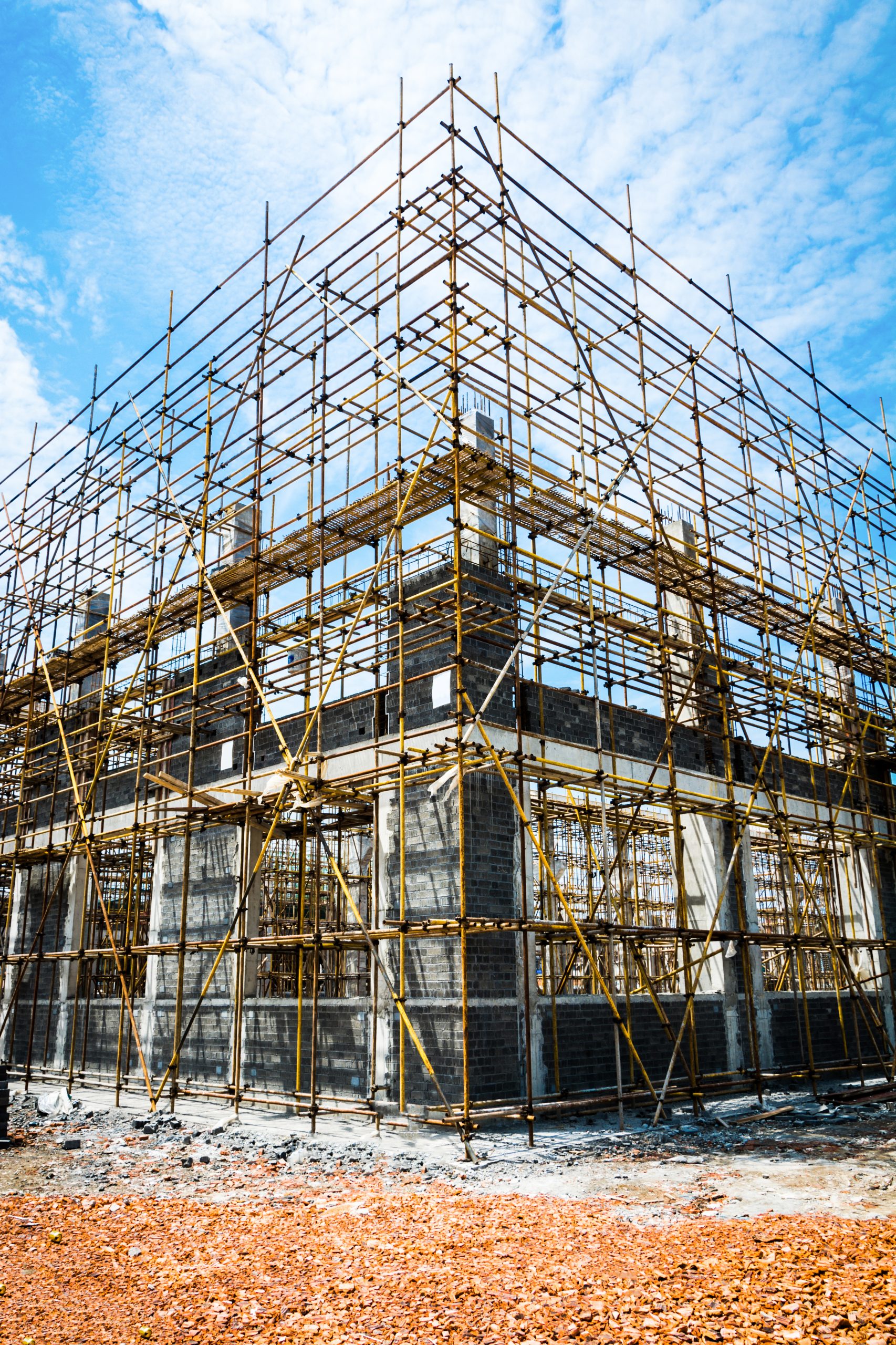In the third quarter of 2023, Ireland experienced a significant rise in planning permissions granted, with a remarkable 43% increase leading to a total of 9,662 homes approved. This includes a 10% rise in house approvals and a staggering doubling of apartment approvals, indicating a vibrant construction landscape (CSO, 2023). Understanding the details of obtaining planning permission is essential for any property development project. This guide will help you navigate the complexities of planning permission approval, equipping you with the knowledge needed for success.
Key Points
- Total planning permissions in Q3 2023 reached 9,662 homes.
- There was a 43% increase in permissions compared to Q3 2022.
- 4,859 houses were approved, alongside 4,803 apartments.
- Apartment approvals saw a staggering 105% increase from the previous year.
Understanding Planning Permission Types
When looking into planning permissions, it’s important to know the four main types available: full permission, outline permission, permission consequent on outline permission, and retention permission. Full permission allows planning for five years, providing ample time for the project to commence. Outline permission is valid for three years and lays the groundwork for future applications. Knowing these distinctions can help you choose the best option for your specific project.
For a deeper understanding of these types, you can refer to our Planning Permission Overview. The Planning Application Process page can also provide insights into the necessary steps involved in applying for each type.

Preparing a Robust Application
Submitting a well-prepared planning application can significantly boost your chances of approval. The local government requires specific documents like site plans, public notices, and various forms to accompany your application. A careful approach in gathering these documents can help prevent delays and complications, ensuring a smoother process overall.
Engaging with Local Authorities
Starting a conversation with local authorities can lay a solid foundation for your planning application. Engaging with planners early can help you understand community needs and local regulations, which can lead to a higher success rate. Building a rapport with the local council can provide insights that may not be readily available through official channels.
For more information on how to connect with local planners, Contact Us.
Understanding Public Consultation
Public consultation is a vital part of the planning process, serving as a platform for community feedback. Many applications require this step to gauge public opinion and address potential objections. Engaging the community not only helps in addressing concerns but also creates goodwill and support for your project.
Timelines for Decision-Making
Understanding the decision-making timeline is crucial for managing expectations during the planning process. Local planning authorities typically have eight weeks to make a decision on planning applications. Familiarising yourself with this timeline allows you to plan accordingly and prepare for any potential delays.

Handling Objections and Appeals
If your planning permission is denied, you can appeal the decision within four weeks. Understanding the objection process and preparing for potential challenges can significantly improve your chances of a successful appeal.
Compliance with Planning Conditions
Once planning permission is granted, it is vital to comply with the conditions set by the local authority. Compliance must be agreed upon in writing, often with a timeline of eight weeks for submissions. Adhering to these conditions is essential for maintaining the validity of your planning permission.
Importance of Feasibility Studies
Conducting a feasibility study is a crucial step in assessing site suitability before applying for planning permission. These studies typically conclude within two to four weeks and can save time and resources. They help identify potential issues that could derail your project, giving you a clearer picture of what lies ahead.
Financial Considerations for Planning Permission
Understanding the financial aspects of the planning permission process is vital for successful project budgeting. Application fees can vary significantly, with residential fees ranging from €65 to €5,000. Being aware of these costs can help you plan effectively and avoid financial surprises.
Legal Implications of Planning Permission
Understanding the legal implications of planning permission is critical to avoid costly mistakes. Building without the necessary permissions can lead to severe penalties, including fines and even imprisonment. Awareness of these legal aspects can save you from potential pitfalls.

Conclusion: Navigating the Planning Permission Maze
Navigating the planning permission process successfully can lead to many benefits, such as an increase in property market value by up to 10% (Keane, 2023). This guide has provided insights into various aspects of planning permission, emphasizing the importance of thorough preparation and community engagement. By following these tips, you can enhance your chances of gaining approval for your project.
For further success stories and resources, check our Success Stories and Further Resources pages.


